Support local and say no to single-use plastic, among them.
Climate change, global warming and pollution have been subjects of concern for decades, if not centuries. Unfortunately, it is only in recent years that world leaders, organisations and brands with great influence have made serious changes in policy-making to tackle these global issues.
This goes to show that there’s still much more to be done to save our planet – or at least delay the impending destruction caused throughout the history of humanity. Not to sound bleak, but we should all we aware of what we’re dealing with in order to commit to doing our parts.
With that said, here are some ways we as consumers can live more sustainably today to preserve mother Earth.
Support local

While we can’t help but love our juicy Japanese wagyu katsu sandos and air-flown Norwegian salmons, sustainable living means opting for local produce and goods more often than not. Restaurants like Dewakan and Entier are championing this with farm-to-table concepts that highlight local ingredients.
We don’t just mean food and groceries though, but also other fast-moving consumer goods like clothing and personal care. Not only will this help boost the local economy, it will also reduce the carbon footprint for the transporting of goods. The next time you’re making a purchase, think twice and whenever possible, #supportlocal. Also, bring your own shopping bag!
Practice the 5Rs
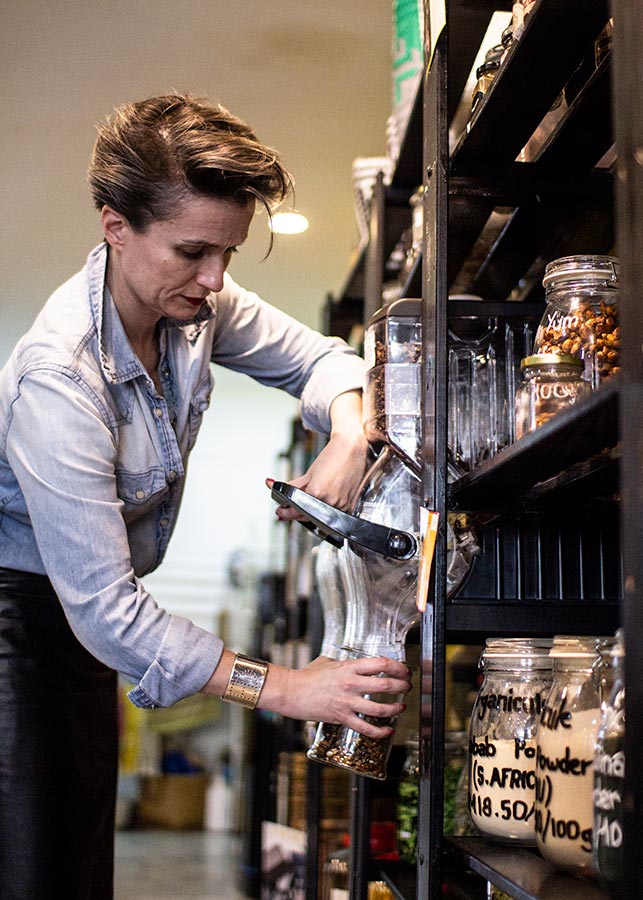
Heeding the advice of Claire Sancelot, founder of The Hive Bulk Foods, it’s time we practice the 5Rs: refuse, reduce, reuse, recycle and rot. You may be familiar with the concept of reducing, reusing and recycling so we won’t delve too much into that, but refusing and rotting are two equally beneficial steps to start incorporating into your daily life.
When making decisions, refuse whatever is unnecessary and harmful to the environment. They say, “waste not, want not” and the opposite is true just the same. This will leave you with less to manage in the first place, and consequently reduce the demand and supply for such goods.
For items that the other 4Rs may not apply to, particularly food waste, that’s where Claire suggests ‘rotting’ or making your own compost to be used as fertiliser. If the latter is too daunting a commitment, the least we can do is sort our waste according to category (as we should already be doing) to ease waste management for the authorities.
Shop consciously
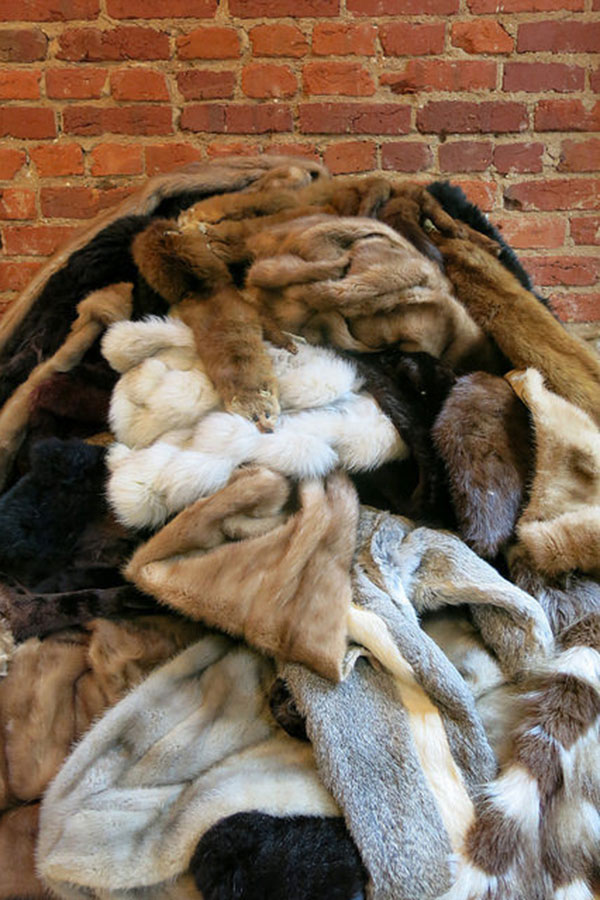 There are a few reasons why designer brands like Burberry, Chanel and Versace have banned fur: it’s not sustainable and it some cases, plain cruel. Though commendable on their parts, consumers need to force that hand and demand for these changes by changing our own shopping habits. Invest in quality clothing (slow fashion trumps fast fashion), pay attention to labels (plus points for eco-certifications or recycle stamps) and avoid materials with negative environmental impact such as nylon and polyester.
There are a few reasons why designer brands like Burberry, Chanel and Versace have banned fur: it’s not sustainable and it some cases, plain cruel. Though commendable on their parts, consumers need to force that hand and demand for these changes by changing our own shopping habits. Invest in quality clothing (slow fashion trumps fast fashion), pay attention to labels (plus points for eco-certifications or recycle stamps) and avoid materials with negative environmental impact such as nylon and polyester.
Say no to single-use plastic
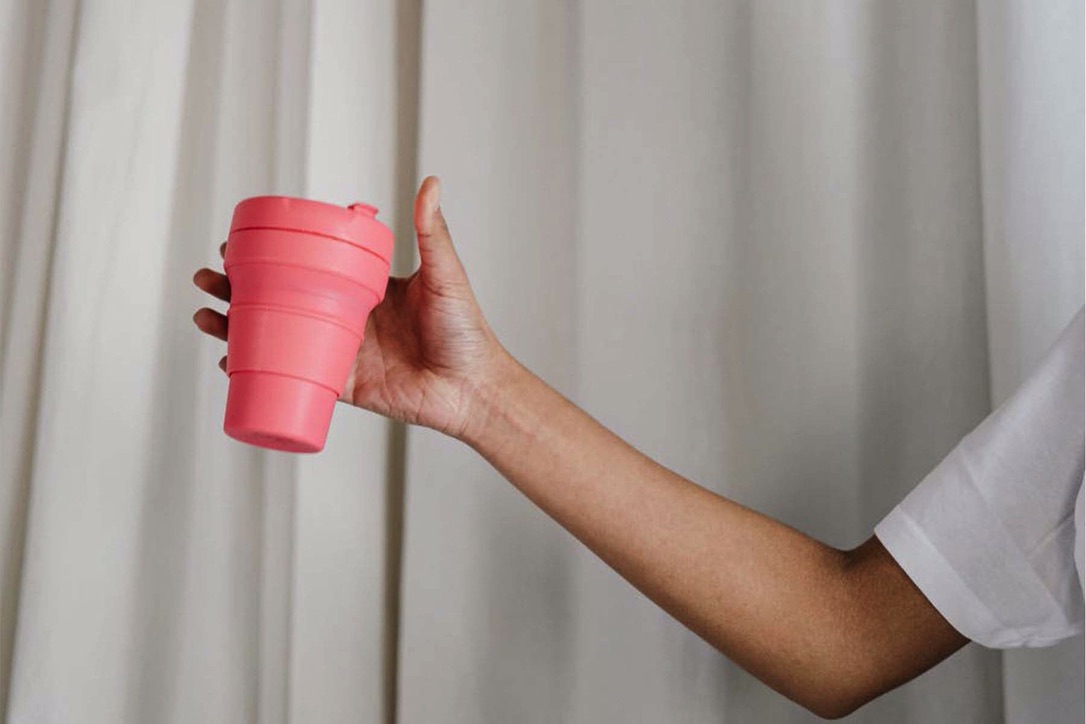
We have all probably heard this a million times by now, but it can never be emphasised enough. True, plastic is almost inevitable – it’s used for food and beverage packaging, toiletries, shopping bags, furniture and the list goes on – but there are alternatives available now to minimise plastic usage. Some easy lifestyle shifts include bringing your own straw, water bottle and food container when going out, using reusable shopping bags on your grocery run and choosing your own fresh produce instead of pre-packed ones.
Buy from your local zero waste stores
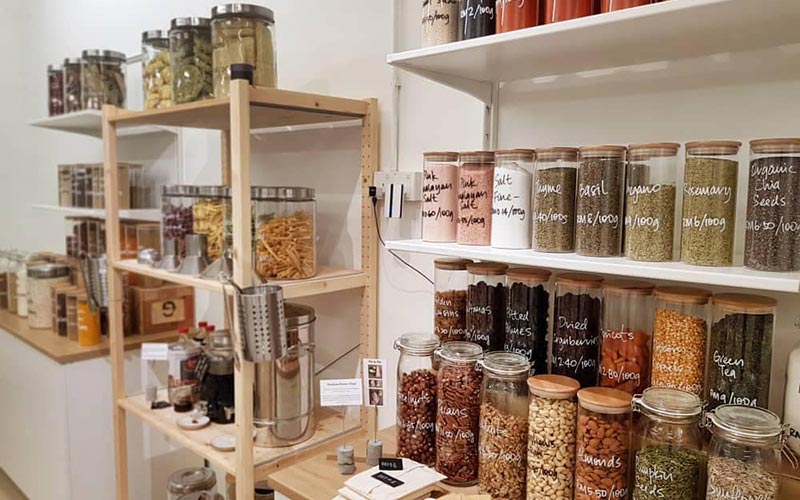
Another way to reduce plastic, especially in packaging, is to buy refills from zero waste stores or other refill centres. These stores typically offer a wide variety of daily household items, from dry foods to soap detergents and personal care items. Many of these items are also natural, organic and biodegradable – all the more reason to support these stores and help them protect the environment.
Related: 6 zero waste stores around the Klang Valley to help you live sustainably
Use organic pads or menstrual cups
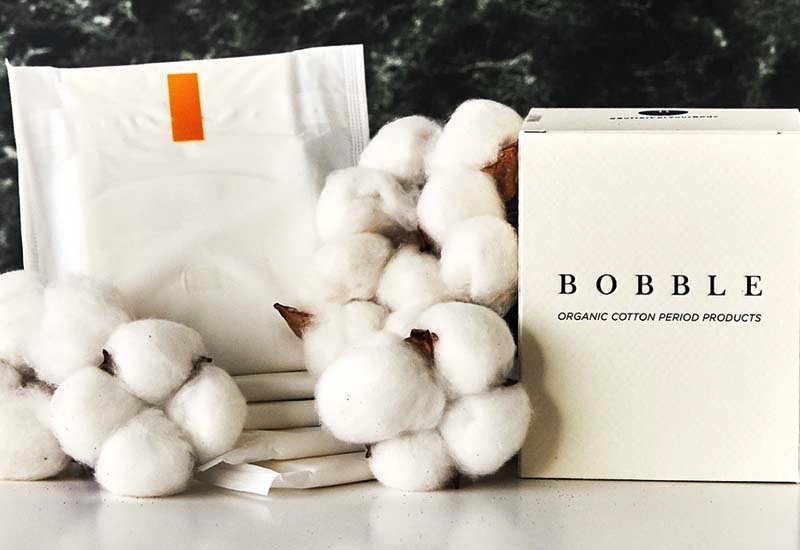 Ladies, that time of the month can be a huge pain – but you know what could make it slightly better? Organic cotton pads and tampons. Or menstrual cups. The former helps sustain local farmers, and both are better for your body, wildlife and the environment thanks to its natural, plastic-free and biodegradable nature. A simple switch to local brands like Bobble (founded by mom and cancer-survivor Malisse Tan) go a long way.
Ladies, that time of the month can be a huge pain – but you know what could make it slightly better? Organic cotton pads and tampons. Or menstrual cups. The former helps sustain local farmers, and both are better for your body, wildlife and the environment thanks to its natural, plastic-free and biodegradable nature. A simple switch to local brands like Bobble (founded by mom and cancer-survivor Malisse Tan) go a long way.
Go digital whenever possible
 In the day and age of cashless payments, online banking and billing and virtual services, do we really need to print those sheets of paper? If not, request for digital invoices, receipts and documents instead. On top of reducing paper and saving trees, this will also allow businesses and organisations to reach more people and solve logistic issues (take the current Covid-19 situation, for example). Not to mention, it could prevent headaches for us all from searching for missing documents.
In the day and age of cashless payments, online banking and billing and virtual services, do we really need to print those sheets of paper? If not, request for digital invoices, receipts and documents instead. On top of reducing paper and saving trees, this will also allow businesses and organisations to reach more people and solve logistic issues (take the current Covid-19 situation, for example). Not to mention, it could prevent headaches for us all from searching for missing documents.
Invest in eco-friendly technology
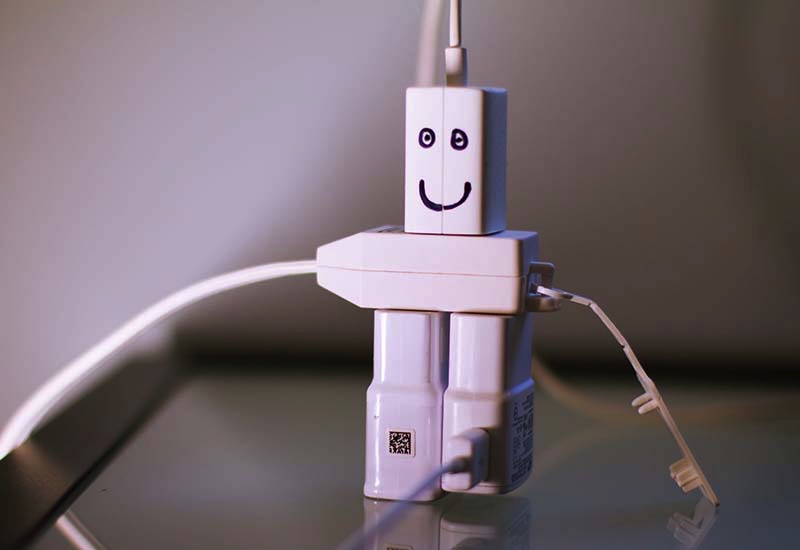 Speaking of digital living, we should also be mindful about the energy consumption of our electronics and appliances. Just as turning off the switches for items that are not in use is sound advice, so is investing in eco-friendly or energy-efficient technology. These will have better long-term benefits for the environment (and for your bills), including slowing down the depletion of natural resources and reducing environmental pollution.
Speaking of digital living, we should also be mindful about the energy consumption of our electronics and appliances. Just as turning off the switches for items that are not in use is sound advice, so is investing in eco-friendly or energy-efficient technology. These will have better long-term benefits for the environment (and for your bills), including slowing down the depletion of natural resources and reducing environmental pollution.






